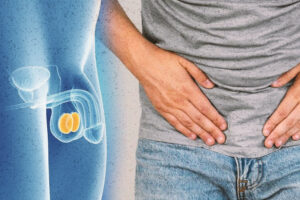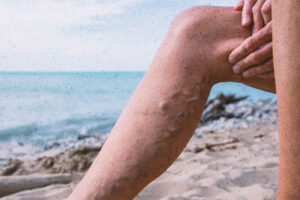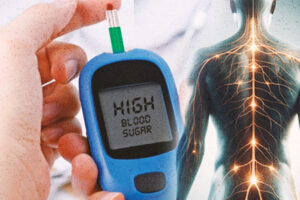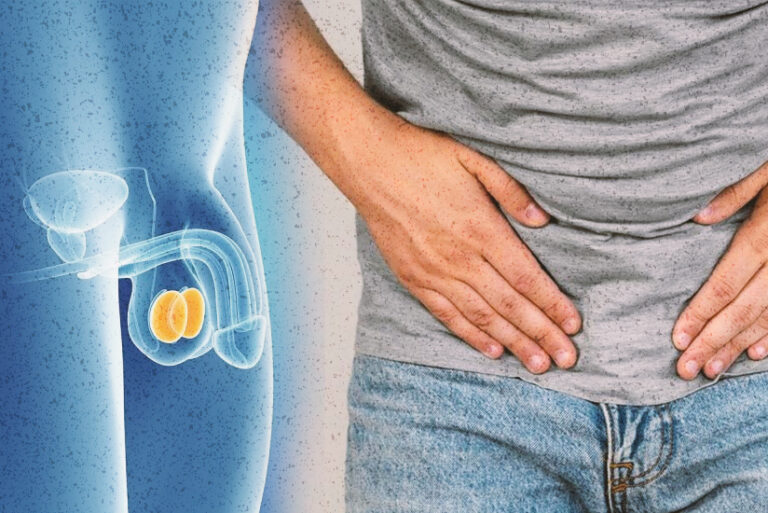by Henrylito D. Tacio
WITHOUT warning, you feel that excruciating pain in your teeth after drinking a cold soft drink or eating something sweet. But unlike toothache, the pain is gone as quickly as it came. You’re suffering from a condition called hypersensitivity.
“In the center of every tooth there are nerves, and the outer layers of the tooth protect the nerves from the daily assaults of acidic foods, vigorous brushing, and abrasion from hard foods and even the tooth-to-tooth wear that carries on throughout life. Sometimes, the protective layers are depleted or eroded away, exposing the sensitive parts of the tooth, and this leads to sensation of hypersensitivity,” explains Dr Eugene Tang Kok Weng, a private dental practitioner and immediate past president of the Singapore Dental Association.
While extremely discomforting, it’s easily treatable and usually not serious. Here are some simple tips to keep your tender teeth in check, as outlined by Dr Tang:
· Use a toothpaste designed for sensitive teeth. There are a number of commercially available toothpastes that contain substances or chemicals proven to decrease the hypersensitivity of the teeth.
· Switch to a soft-bristle brush. A soft-bristled brush is generally preferred to a hard-bristled one. Where manual dexterity is a problem, you may opt to use an electric or battery-powered rotary toothbrush.
· Brush your teeth gently. Do this and avoid hitting that tooth which causes too much pain. “The affected tooth must be treated immediately by a dentist to prevent it from getting worse,” advises Dr Tang.
· Avoid extremes of hot and cold. Extremes of temperature stimulate and excite the nerve-conducting mechanisms of tubules – those honeycombs of tiny, fluid-filled tunnels beneath the enamel – within the tooth. Once stimulated, the response is generally pain.
· Skip the salt water. Salt water causes some changes across the fluid-filled tunnels. Like hot and cold, salt water excites the nerves thus giving a sensation of pain.
· Abhor acidic foods and drinks. Acids in foods and drinks have been shown to dissolve the minerals in the protective layers of the teeth, thereby exposing further the sensitive nerve endings in the teeth. That’s why some dentists recommend the chewing of alkaline cheeses to moderate the erosive effects of wines, which are acidic in nature.
Relieve the pain. If you can’t bear the pain, try taking pain relievers. Paracetamol is the safest medicine that can be bought over the counter without a doctor’s prescription. This usually provides relief within 30 minutes. — ###








